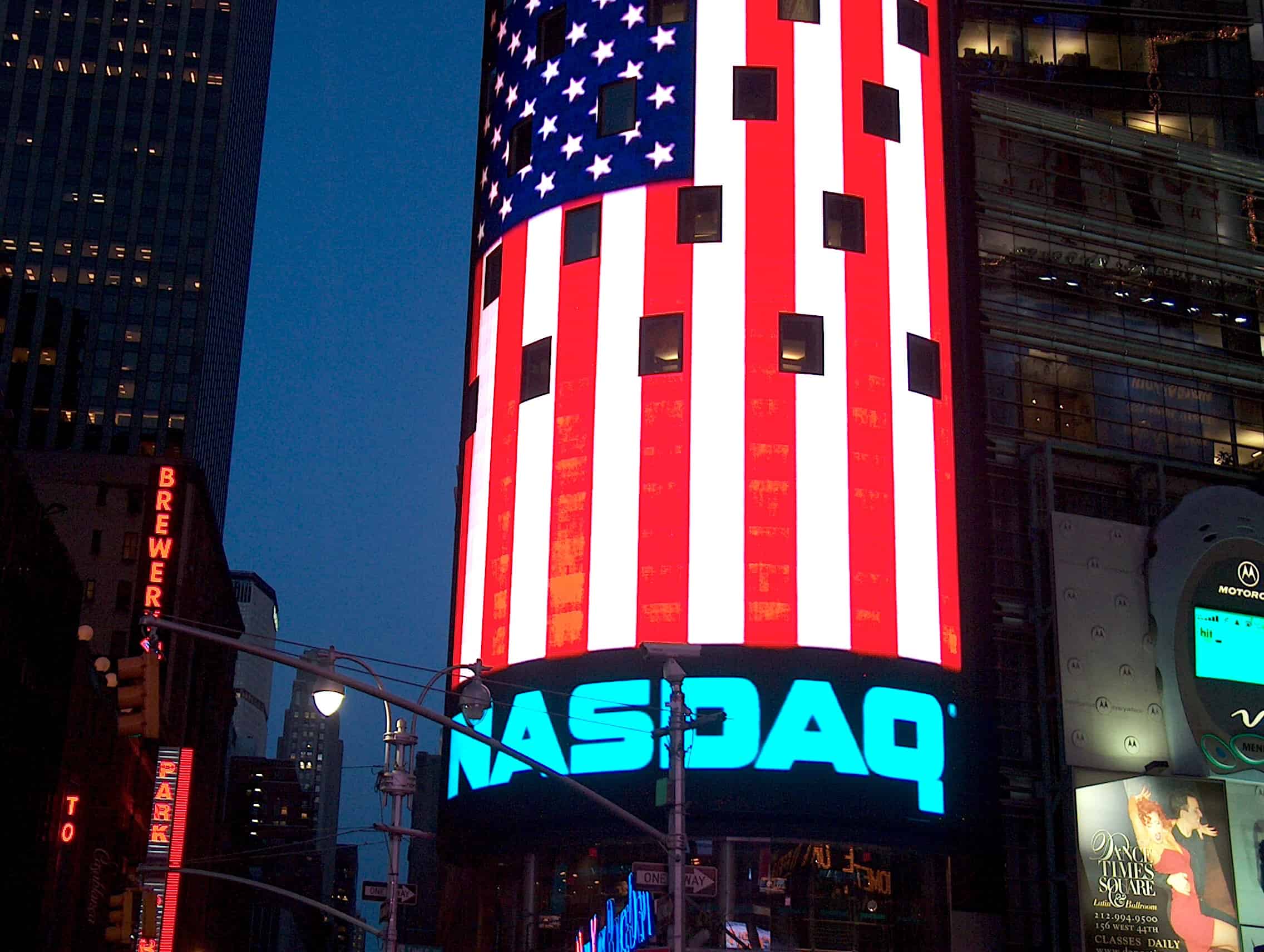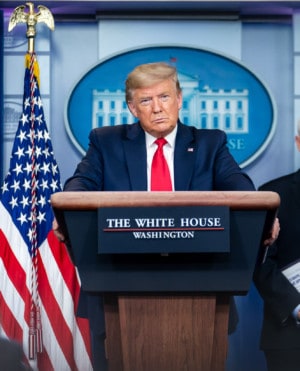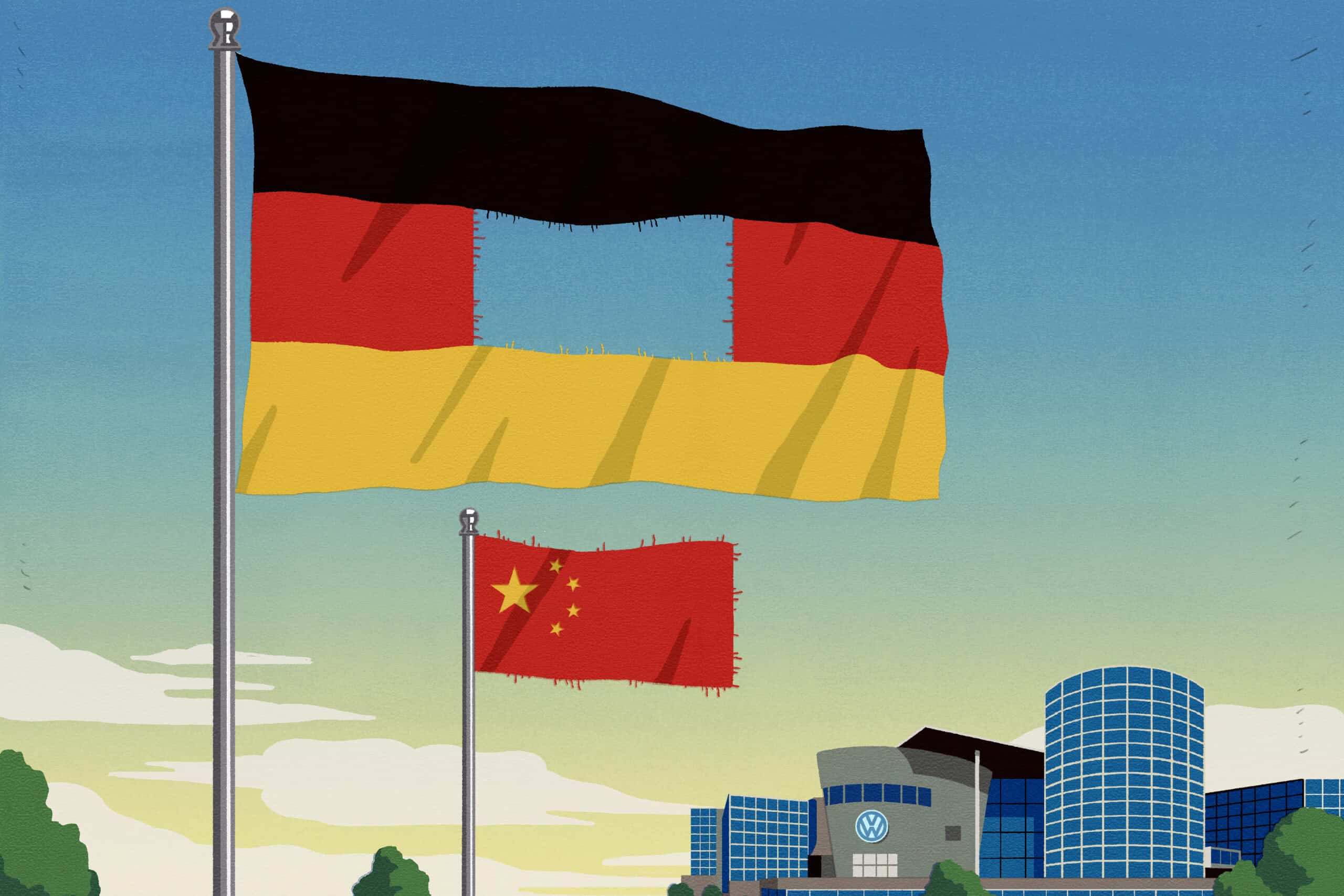
When Kingsoft Cloud, a Chinese cloud computing company, decided to go ahead with an initial public offering in the United States at the beginning of May, it seemed like a bad idea.
April had not been kind to Chinese companies listed on American exchanges. Shares of Nasdaq-listed Luckin Coffee, a Chinese rival to Starbucks, had been pummeled after the company admitted to cooking its books. The chairman of the Securities & Exchange Commission followed with a blunt warning about the risks of investing in Chinese firms. And Senator Marco Rubio, the Florida Republican, renewed a call for some Chinese companies to be barred from the nation’s capital markets.
But last week, Kingsoft Cloud pulled off one of the biggest initial public offerings of the year, raising $500 million. Shares of the company, which is listed on the Nasdaq stock market, jumped 36 percent in the first week of trading, despite growing concerns about the risks that come with investing in Chinese firms.

Credit: Stefen Chow/Fortune Global Forum, Creative Commons
Indeed, Chinese stocks have outperformed this year. A Standard & Poor’s index that tracks the top 50 U.S.-listed Chinese companies1That is, the top 50 Chinese companies whose primary listings are on U.S. exchanges. Those whose primary listings are elsewhere — such as Sinopec, whose primary listing is in Hong Kong — are not included in the index. — which have a combined market capitalization of about $900 billion — is up more than seven percent in 2020, while the S&P 500, a larger measure of American stocks, is down 11 percent.
And now, Dada Nexus, a spinoff of China’s ecommerce giant JD.com, is planning to raise $500 million in an upcoming IPO on the Nasdaq. It’s one of about four Chinese companies now in the U.S. offerings pipeline.
The resurgence suggests investors in the U.S. markets are shrugging off concerns about fraud or the risks that come with investing in companies based in China, despite growing trade and political tensions with the United States and warnings from American regulators.
“This entire thing feels like déjà vu,” said Fredrik Oqvist, a Shenzhen-based analyst, referring to the fleeting concern about a wave of Chinese stock frauds in the early 2010s that led to billions of dollars of losses but little structural change. “My best guess is that things are going to go back to normal.”
The stakes rose last Wednesday when the nation’s $600 billion federal retirement fund said that it would delay a planned move to invest more of its money in Chinese stocks. The White House and some Republican lawmakers had pressed the Federal Retirement Thrift Investment Board, which manages the savings of government employees, including funds from members of the U.S. military, to reverse its decision out of concern the funding would go to Chinese rivals and harm American national security.

Credit: Tia Dufour, White House
And then on Thursday, President Trump said in an interview on the Fox Business Network that he was “looking” into whether Chinese companies should be forced to comply with U.S. accounting standards, a move that could lead to some firms being delisted. Then he backed off.
“Let’s say you want to get tough,” he said. “I’m the toughest guy. But what happens is, so we say, ‘You’re going to do this and you’re going to follow the rules of the New York Stock Exchange or Nasdaq.’ And what do they do? They say, ‘OK, we’ll move to London or we’ll go to Hong Kong.’ ”
Many of these issues have been brewing for the past three years, but the downfall of Luckin Coffee, which admitted in April to massively inflating its revenue in 2019 and has dismissed two of its executives, has pushed Chinese listings back into the spotlight.
Many Chinese companies listed in the U.S. are organized using a complicated ownership structure involving offshore shell companies, which poses corporate governance risks and also makes it difficult for investors to pursue claims in the case of fraud.
When Luckin’s shares plummeted 90 percent, global investors saw more than $10 billion in market value vanish.
A few days later, TAL Education Group, a NYSE-traded company worth $7 billion, admitted it had inflated sales figures.
Soon after, short-sellers began targeting other U.S. listed Chinese firms, including the video streaming site iQIYI, and GSX Techedu, alleging that they may also be manipulating their financials. The Chinese companies saw their stock prices fall, but are now higher than they were before the accusations surfaced.
Dan David, the short seller who accused iQIYI of fabricating over $1 billion in sales in 2019, said investors are ignoring the risks partly because the U.S. government seems unlikely to rein in the listings parade that has showered Wall Street with hefty banking fees. IQIYI declined comment.
“Investors are counting on the apathy and ineptitude of our own government, which is a safe bet,” he said, adding that without structural change, it’s unlikely that U.S.-listed Chinese stocks will lose value.
Investors are counting on the apathy and ineptitude of our own government, which is a safe bet.
Dan David, short seller
Although regulators have given no indication there are plans to delist Chinese companies or bar them from future listings, there are signs of trouble for Chinese companies seeking to access the U.S. markets.
In April, the Securities and Exchange Commission and Public Company Accounting Oversight Board, an audit watchdog created by the Sarbanes-Oxley Act of 2002, warned American investors about the serious fraud risks in companies based in emerging markets like China. The joint statement was released in the wake of Luckin’s admission that one of its top executives helped fabricate more than $300 million in revenue in 2019.
The SEC also announced plans for an industry roundtable on the issue this summer. But neither agency has called for concrete action.
“The SEC wants to give investors access to the Chinese market, and they’re willing to let it happen under less than ideal conditions,” said Justin Hopkins, who studies securities regulation and teaches at the University of Virginia. “Our philosophy, for better or worse as an economy, is we want our investors to have access to a whole set of options.”
Those options have included opening America’s capital markets to global companies. And in recent years, as listings from Europe and Japan have dwindled, China has positioned itself as a champion of fast-growing startups, many of which have America’s biggest venture capital firms as investors.
Today, there are more than 200 Chinese companies listed on the country’s two major exchanges, the New York Stock Exchange and the Nasdaq, including the internet powerhouses Alibaba and Baidu. And Chinese startups make up a significant share of the world’s “unicorns” (or startups valued at $1 billion or more). That includes four of the world’s ten most valuable startups, led by Bytedance and Didi Chuxing, the ride hailing service.
One of the chief concerns of American regulators is that the SEC and American auditors have no access to audit papers and other documents inside China, because of Chinese government restrictions on access to records that are viewed as a national security risk. Both the SEC and the audit watchdog PCAOB have cited this as a major impediment to proper risk assessment.
But in a sign that Beijing is concerned about the possibility that American regulators could move to bar Chinese listings, authorities in China have stepped up their own efforts. In an unusual move, last month China’s top securities watchdog harshly criticized Luckin for fabricating its financial statements. Soon after, the authorities raided the company’s offices, even though the Chinese securities regulators do not typically have jurisdiction over Chinese companies listed on overseas exchanges.
That watchdog, the China Securities and Regulatory Commission, also said that it planned to work closely with the PCAOB, which would be a step forward, analysts say.

Eli Binder is a New York-based staff writer for The Wire. He previously worked at The Wall Street Journal, in Hong Kong and Singapore, as an Overseas Press Club Foundation fellow. @ebinder21



